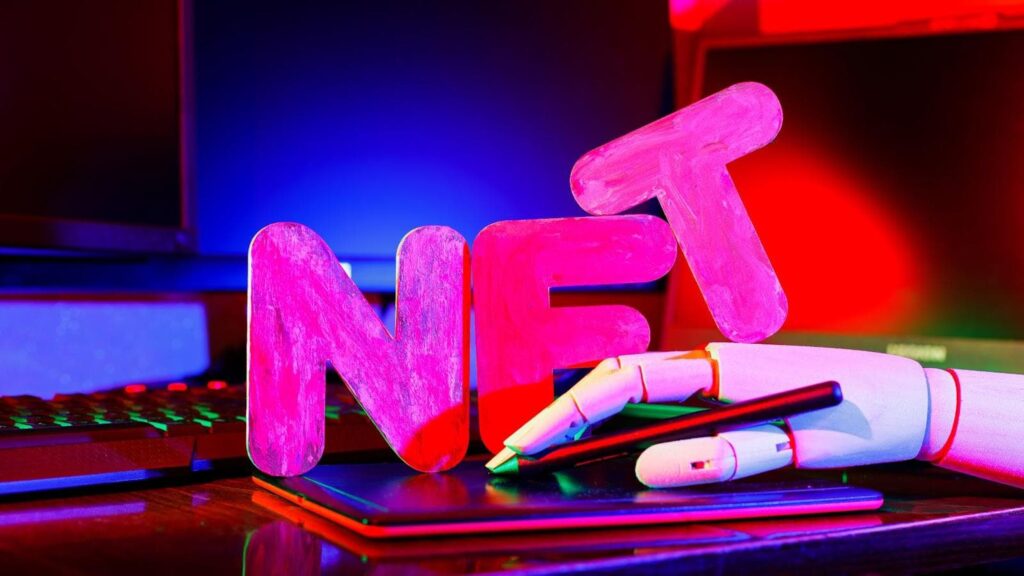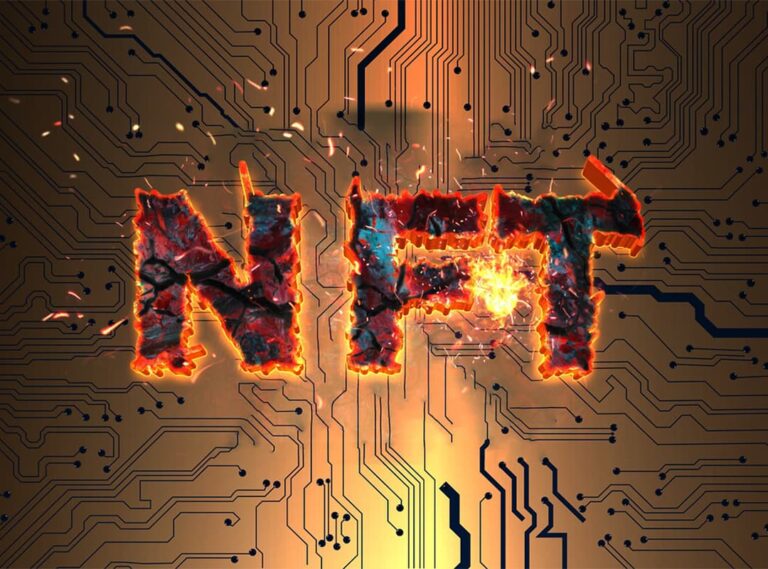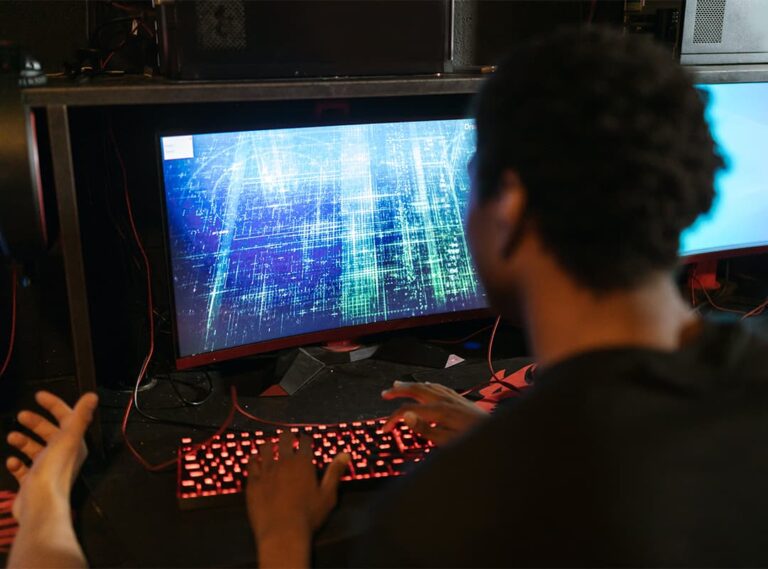NFT is an acronym for Non-Fungible Token, a part of the technologies that the crypto industry gave rise to. NFT introduces a system of transactions where you create a digital certificate or proof of ownership for an item on a blockchain network where its ownership can be transferred. These items (physical or digital) are unique and irreplaceable thanks to the immutable nature of records on the blockchain. Unlike traditional transactions where similar items are treated equally, the ownership of an NFT has to be transferred solely over the blockchain network. You regard every $10 bill as the same, but you cannot equate similar NFTs because each token has a unique identity in the market. The non-fungible nature of these tokens combined with blockchain technology helps to secure their value and ownership, making them lucrative options for investment.
Trends in the NFT Market
Now that you know what an NFT is and how it works, it is time to learn about the latest trends in the market. Creators and traders are excited about some of these trends because they hold great potential for the industry.
- Art: Although the digital nature of the blockchain suggests that NFTs solely reside in the digital fraction of the art world, it has expanded to the physical art in an unexpected turn of events. You can now convert your physical artworks to NFTs like digital art, although the process varies because physical art requires more specific paperwork. On the blockchain, users can hold partial ownership of physical items.
- Health Care: The most notable advantage of the blockchain and its resulting technologies is the transparency and security of transactions. The healthcare industry has always needed a secure and widely accessible means of storing and transferring healthcare data records. Many are clamouring to use NFTs because they are an ideal solution. NFT allows for information tracking, which is helpful for analysis.
- Real Estate: Similar to its adoption in physical art, NFT can prove helpful in real estate, so there is a widespread call for its use. Ownership rights can be registered as unique tokens (NFTs) to be stored in digital ledgers where it is safer. It is much easier for property owners to prove their identity with the blockchain, and buyers don’t have to worry about falling for ill schemes. Since all previous data is stored in this process, all previous owners and transactions can be accessed if any information is needed.
- Metaverse: The metaverse introduced a new universe to the internet, which is why it is among today’s most discussed topics. Creators have extended their desire to create digital art for blockchain to the virtual world to contribute to the wholesomeness of immersive experiences. With the creation of NFT galleries in the metaverse, you can now display your digital art in public or private spaces.
- Music: Music is included in this revolutionary expansion of the NFT industry. The blockchain again proves its dependency by adding music tokens to its other tokens of art and real estate properties. Artists can trust the blockchain to fetch earnings rather than lose sizable fractions to streaming and record platforms. Rising talents in the industry don’t have to worry about sharing their relatively low earnings with music corporations.
- Internet: Contrary to what you may think, the internet is not designed as a virtual space to visit for information but as a complex connection of billions of devices worldwide. Although it may not be through a direct connection, most information sharing on the internet is machine-to-machine. Employing the blockchain services here, information can be verified during every transfer, making the internet safer.
- Loans: Who says collaterals have to be physical assets? You can access liquidity without selling your NFTs by using them as loan collateral. Taking loans against high-value assets allows you to access funds without losing your lucrative investments. A smart contract automatically executes instructions depending on the loan results, binding the borrower and spender’s agreement to the blockchain.

Safety, Sustainability and Evaluation
The biggest issue with cryptocurrency and related parties is the proof of work concept (PoW) used to secure blockchain transactions. It is a very reliable method but a very intensive process for computers, so it consumes a lot of energy. Many believe it is better to source for alternative methods because of the harmful effects of this practice.
The NFT market is a less controlled market space where items or tokens can assume any value because there are no standard metrics for evaluation. It might prove difficult if you’re buying to agree on a price for the asset, especially when you don’t have transaction records that can give you an idea of its worth. Evaluation might also be a problem if you’re selling because you will lose your investment if the token is valued less than your purchase price.
Flooded Market Space and Legal Disputes
With tons of existing artwork and an endless list of creators at work, it has become challenging for new faces to stand out through their creations. Restrictions in production further impede the ability of creators to express themselves through their work, creating a sea of identical yet unique tokens flowing around the market. This will be a massive challenge for you if you’re an emerging artist wanting to gain recognition.
Some regulations control the creation and transfer of ownership of non-fungible digital assets on the blockchain. Regulations in the industry are purposefully strict to minimise money laundering and protect copyrights. It is widespread for artists to get into legal disputes because they unknowingly broke copyright laws. If you’re an artist, it may prove challenging to release your NFTs while trying to navigate the requirements for the process.
Conclusion
In summary, non-fungible tokens maximise the blockchain by extending its uses beyond fungible digital assets. Non-digital forms of art and properties can now be linked to the blockchain by creating unique tokens that can be transferred between parties. Although there are a few challenges to overcome in the NFT industry, its versatility has a lot of advantages, the biggest being the propagation of decentralised finance. If you are interested in the NFT space, there are diverse learning platforms to start your journey.




